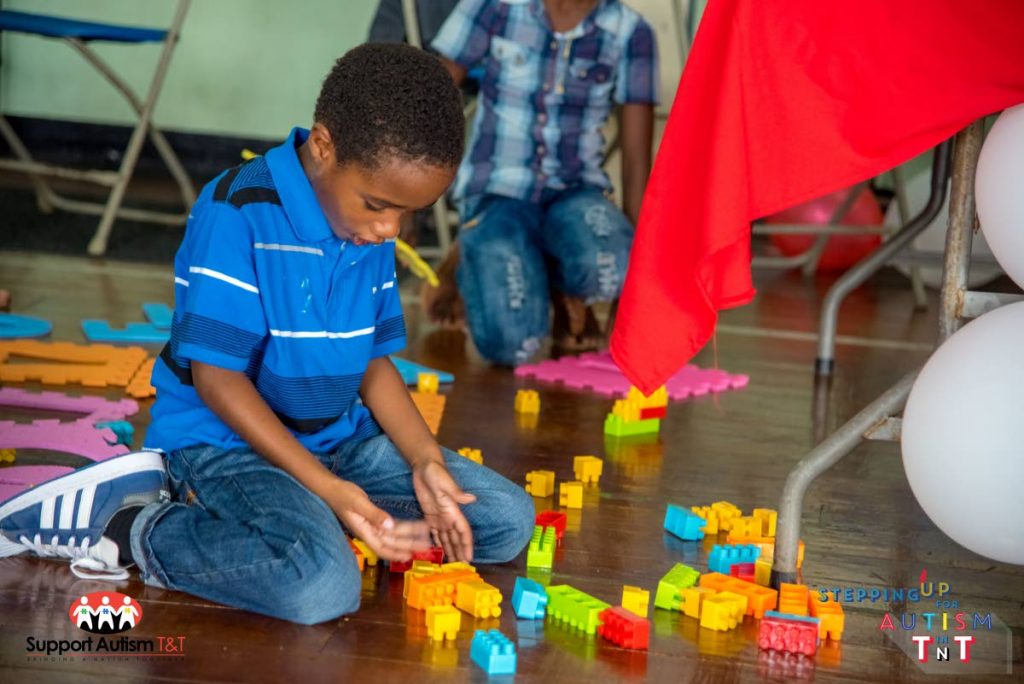The strengths of autism

DR RADICA MAHASE
There are numerous articles explaining autism. A quick glance at any one will tell you that autism is a developmental condition often characterised by issues with speech and social interaction as well as repetitive behaviour.
Many individuals on the spectrum struggle to cope with one or more of the above. As autism does not "go away," individuals on the spectrum need various therapies and extra assistance to help them deal with everyday situations. The struggles vary according to the person and the help that they get on a daily basis.
In the midst of the struggles, though, many parents and caregivers can point to various characteristics in their children which set them apart from other children their age. Too often we see these characteristics as negative traits. However, if we go with the "glass-is-half-full" version, we can actually view these as strengths.
First, people on the autism spectrum tend to pay attention to details. Often, we hear about children on the spectrum who will line up their toys in a distinct pattern or arrange things in a very specific way.
This is seen as one of the "red flags" for autism. While individuals who only focus on small details might not be able to see the bigger picture, this attention to details can actually be a strength, especially when completing various tasks. Many are able to build very complex patterns from Lego blocks, do complicated puzzles, or intricate drawings and so on, because of their attention to detail.

In recent times we see some US companies such as Microsoft and Dell recognising this aspect of autism. They have changed their interview process to enable the hiring of more people on the spectrum, as their attention to details makes them excellent coders, etc.
Secondly, those individuals on the autism spectrum who communicate verbally tend to be very direct in their communication. They just say what they think. They don’t beat around the bush; they get straight to the point. They also tend to be very honest when they speak, but people who don’t understand them might think they are being rude. As many of them communicate in a direct, honest manner, it leaves no room for misinterpretation. This is a trait that politicians can learn from.
Thirdly, many individuals on the autism spectrum tend to have excellent memory skills. Many children remember where they put their toys, they remember where they left their books or crayons and so on. If you show them something on the tablet or computer once, they tend to remember it. They might not be able to tell you verbally but they remember and absorb things quickly.
Many parents and educators tend to underestimate children on the spectrum because they might not communicate verbally but this should not be interpreted to mean they are not understanding and remembering what is being taught.
Fourthly, individuals on the spectrum tend to be visual and creative. Many are good at art and crafts, paintings, photography and other visual skills.
One of the failures of our education system is that it does not recognise and focus on visual learning. As a result, many students on the spectrum tend to have difficulties keeping up with academic work because it is not taught in a visual, creative, interesting manner. If we change the way we teach, to encourage their creativity, we just might produce a whole generation of artists, painters, etc.
Last, but not least, individuals on the autism spectrum can be the most empathetic people, who are very loyal to those they love. Many autism parents/caregivers often talk about how loving their children are and how they are so in tune to their parents/caregivers and siblings’ emotions.
While it is true that individuals on the autism spectrum might process emotions differently and might not be able to express themselves verbally, they love deeply and often display a deep sense of loyalty to their friends or those close to them. They may not communicate this verbally but their actions show their love and empathy.
It is important that we look beyond the "signs of autism." We need to go beyond trying to make the child more "normal." We need to focus on the individual’s strengths rather than weaknesses.
For ultimately, autism is much more than just a diagnosis, it is a loving boy or girl, man or woman, a human being who has so much to offer.
Radica Mahase is the founder/director of Support Autism T&T

Comments
"The strengths of autism"